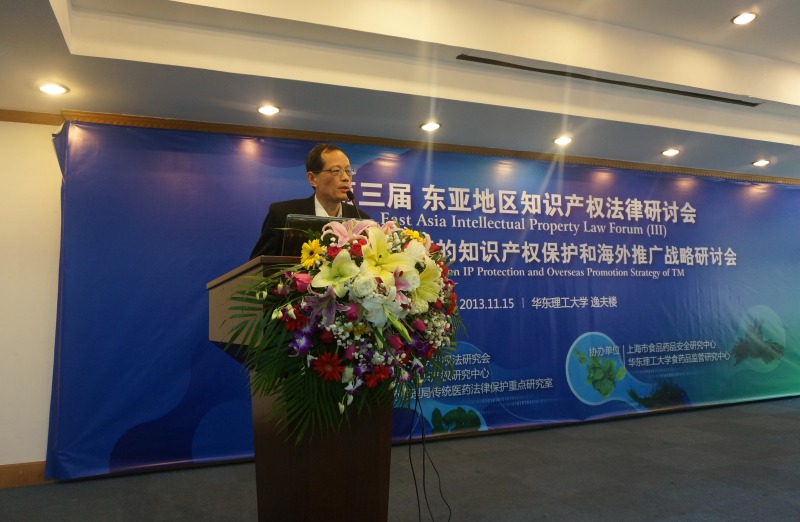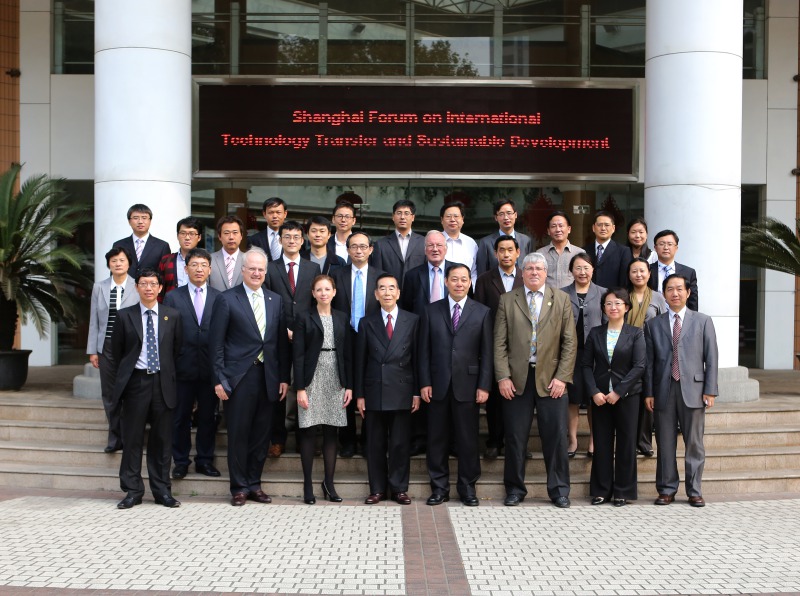Yantai established China's first near-saturation mutation gene pool of wheat
From August 12 to 14, the 10th national conference on wheat genomics and molecular breeding was held in Yantai. At the meeting, professor Song Jiancheng of yantai university announced an exciting news to more than 1000 experts and scholars across the country: the Life Sciences School of Yantai University and Yantai Gene biotechnology co., ltd. recently completed the construction of the first near-saturated mutation gene pool of wheat in China after 8 years of research. The establishment of the gene bank is of great significance to accelerate the research of functional genomics and the pace of molecular breeding of wheat in China, and to guarantee the national seed and food security.
In 2011, Song Jiancheng was selected as an "overseas expert of Taishan scholars" in Shandong province and appointed as a professor by Yantai University. At the southeast corner of Yantai University, three mu of land surrounded by barbed wire and several bungalows are the experimental fields and laboratories built by Song. Song told reporters, wheat has 110,000 genes, his team after eight years of efforts has been obtained 100700, covering 98% of the wheat genes, is expected to cover 99.5% by the end of the year. To be "near-saturation" means to have exhausted almost all possibilities. It is not easy to "identify" a particular gene. For example: a document is about a few kilobytes, an image is about a few megabytes, and the original data for determining a wheat sample is 20 gigabytes. Song’s team plans to determine 1000 samples. To analyze the data, you need the tianhe computer.
The creation of the mutation gene pool is the equivalent of a national library of wheat genes. The Chinese academy of agricultural sciences, universities and breeding companies engaged in wheat gene research can quickly "look up" relevant genes and obtain relevant seed samples. Using these genes for molecular breeding can shorten the breeding cycle of conventional breeding by three or four years. Only the university of California, Davis, in collaboration with the John Innes institute in the UK, conducted a study on the mutation gene pool in 2017, which currently covers only 90% of wheat genes.
Source:Shandong Radio and Television Station
Time: 2019.08.22
next:Research on human genetic resources management of United States and the enlightenment to China


